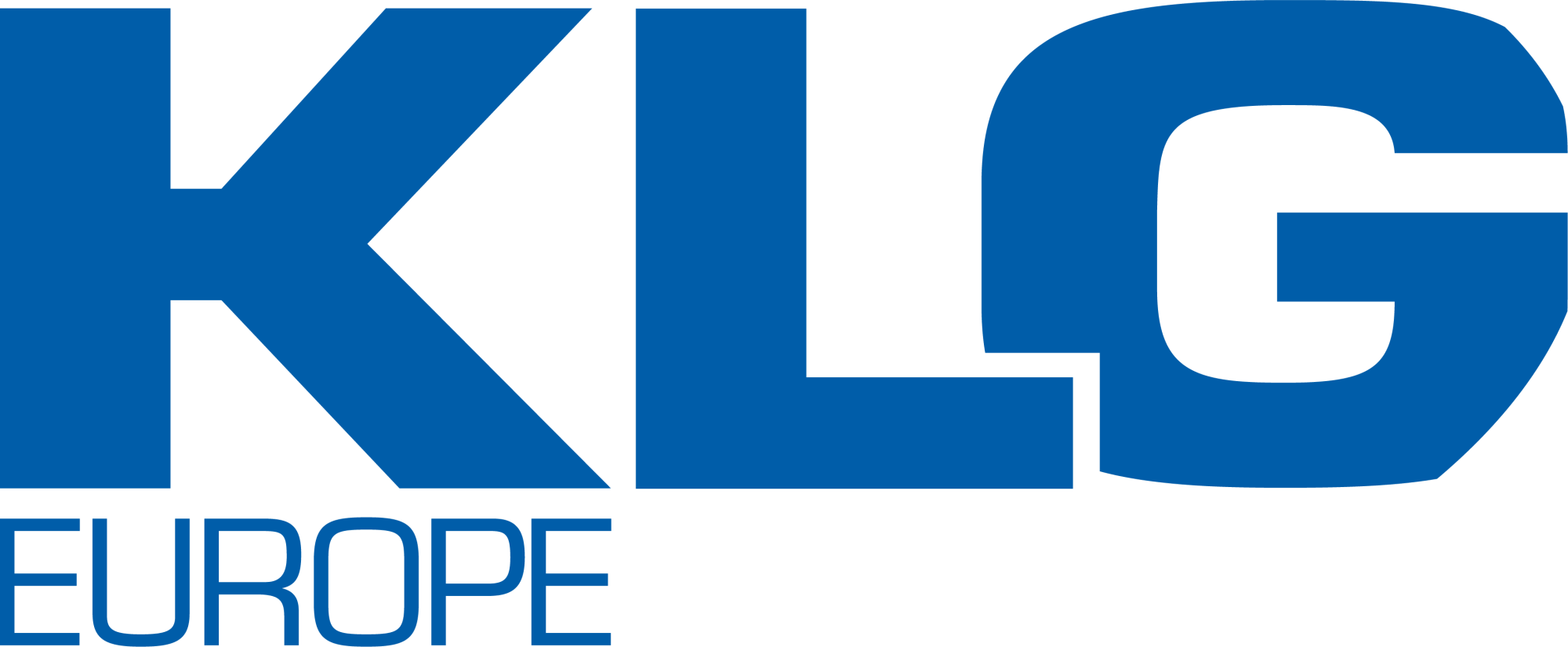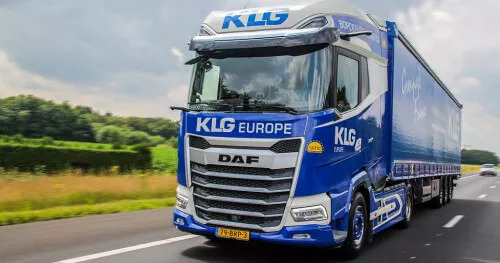CSRD Compliance for KLG Europe
KLG Europe is a logistics and transport company with a rich history dating back over a century. Established in 1918 in the Netherlands, the company specializes in providing comprehensive logistics solutions across Europe and beyond. KLG Europe offers a range of services including road transport, sea and air freight, warehousing, and value-added logistics, emphasizing reliability, efficiency, and innovation in its operations. With a strong network of offices and partners, KLG Europe is known for its customer-centric approach, leveraging advanced technology and a deep understanding of supply chain dynamics to meet the diverse needs of its clients.


Challenge
By 2025, KLG Europe will be required to comply with the European Corporate Sustainability Reporting Directive (CSRD), which significantly modernizes and strengthens the reporting rules for ESG information. The timeframe to meet these new requirements is limited, and like many other companies, KLG Europe may struggle with the complexity and scope of the CSRD. Good Growth Collective is here to provide the expertise and support KLG Europe needs to ensure successful compliance and a smooth transition to the new reporting standards.
Steps for KLG's CSRD Implementation Phase 1
Step 1: Setting up a CSRD-team
The first step in the process is forming a CSRD team. This team is composed of representatives from various departments within the company to ensure a broad and inclusive range of opinions and perspectives.
Step 2: Double Materiality Analysis
- Impact assessment: during the impact assessment potentially relevant sustainability topics are identified for KLG Europe.
- Stakeholder engagement: To incorporate stakeholder opinions, an online survey is sent out. This allows key stakeholders to provide input on what they view as critical sustainability issues.
- Scoring Impacts, Risks, and Opportunities (IRO): For each potentially important topic, the significance is determined based on both impact materiality and financial materiality.
- Materiality matrix: Based on the scores and the established thresholds, a materiality matrix is created, which highlights the material sustainability topics for KLG Europe.

Step 3: Gap Analysis
After identifying the material topics, the next step is to assess which data points are already available and which are missing. The gap analysis identifies any management, data, or disclosure gaps, ensuring that all necessary information is gathered promptly to meet CSRD compliance requirements.
Step 4: CSRD Roadmap
The final step involves creating the CSRD Roadmap. This roadmap outlines the necessary next steps for KLG Europe to gather all the required data for CSRD compliance. The roadmap provides a clear overview of the actions that need to be taken to meet the compliance requirements. This roadmap serves as the second key deliverable in this process.
Results
- Double Materiality Assessment (DMA) and identification of the key sustainability topics most relevant to KLG Europe’s CSRD report.
- Engagement of KLG Europe’s stakeholders in the journey toward CSRD compliance and the development of future sustainability strategies.
- Identification of gaps in essential data points and disclosure requirements for which KLG Europe needs to gather data and establish policies, action plans, and targets.
- CSRD roadmap outlining next steps toward CSRD compliance and enhanced sustainability.
*in-person meetings take place in our Amsterdam office on Warmoesstraat 149-151
